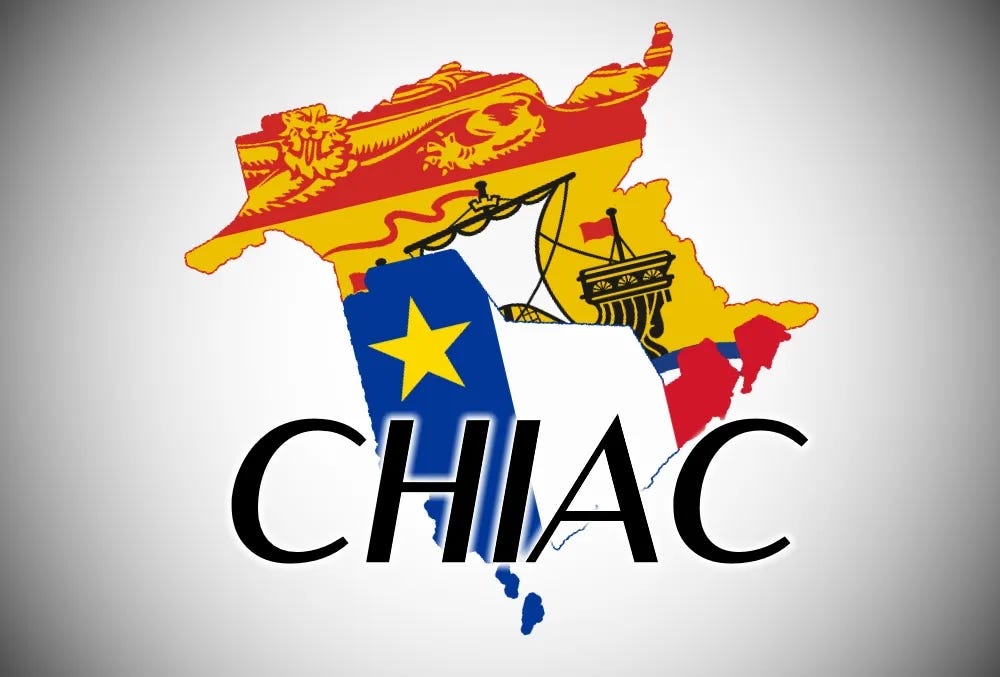Chiac, Surzhyk, and how New Brunswick Acadians actually say 'moose'
Language evolves in response to its surroundings in sometimes unexpected ways

We live in New Brunswick, home to tens of thousands of Acadians and likely an equal number of moose. Give or take.
As a lover of languages, I wondered upon moving here almost six years ago, “How do Acadians say the word ‘moose’ in French?” This was a particularly pressing question for me for some reason.
Try to restrain your enthusiasm for the answer, but here’s some advice in the meantime: don’t use Google Translate. I’ll explain why in a bit.
Language is a compelling aspect of human existence. It holds significant power, so it’s no surprise that language has often been the first target over the centuries when one people attempts to oppress or subjugate another.
For instance, Russia – whether Imperial Russia or Soviet Russia – has forced its language upon Ukrainians for hundreds of years. In the 19th century, the Russian Empire first denied that the Ukrainian language existed, then went all the way and made written Ukrainian mostly illegal.
Ukrainian, or “Little Russian,” as the so-called “Great Russians” liked to call it, was deemed nothing more than a lowbrow rural dialect, not worthy of literature or of being spoken in polite company.
Today, of course, one of Vladimir Putin’s objectives in the invasion of Ukraine is to eradicate all vestiges of Ukrainian national identity, including, once again, the Ukrainian language. Russia is the same as it ever was.
In Canada, where we often think we’re above doing things the Russians do, many generations of politicians and educators firmly believed that Indigenous identity and language should be eradicated. In residential schools, children were beaten for speaking their native tongue, and Indigenous peoples continue to pay a dear price for this, not only those who attended the schools but subsequent generations as well.
And I haven’t even mentioned battles around the French-English question that have manifested in one form or another since the British defeated the French on the Plains of Abraham in 1759.
The role and power of language are apparent, so it’s worth knowing a bit about how we come to use the language we do.
Keep reading with a 7-day free trial
Subscribe to Northumberland Free Press to keep reading this post and get 7 days of free access to the full post archives.




